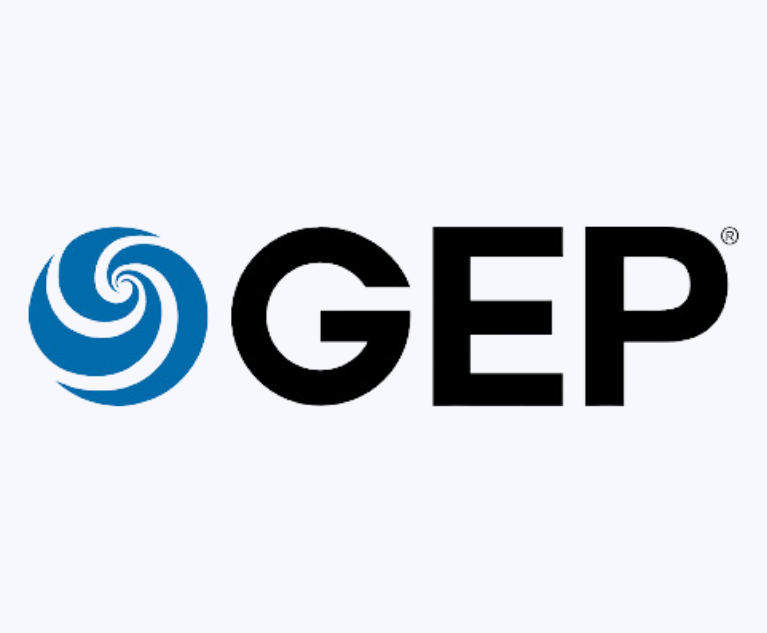
- The world's supply chains are operating at full capacity, with the notable exception of Europe, which remains in a protracted industrial recession.
- Asia's manufacturing growth was reported by major exporters, led by South Korea, China, and India.
- Despite the possibility of tariffs and significant uncertainty surrounding their implementation, global manufacturers are not stockpiling inventories.
The GEP Global Supply Chain Volatility Index — a leading indicator tracking demand conditions, shortages, transportation costs, inventories, and backlogs based on a monthly survey of 27,000 businesses — posted -0.21 at the start of the year. This indicates that global supply chains are effectively at full capacity, signaled when the index hits 0.
"January's rise in manufacturers' procurement across APAC and the U.S. signals steady growth ahead in Q1," said John Piatek, GEP's vice president of consulting. "Globally, companies are largely taking a wait-and-see approach to tariffs rather than absorbing the immediate cost of increasing buffer inventories. However, many Western firms are accelerating China-plus-one investments to diversify and near-shore manufacturing, assembly, and distribution. European manufacturers are especially vulnerable, as the sector has been contracting for nearly two years with no turnaround in sight. In the U.S., where manufacturing represents just 12% of GDP, the bigger concern for business is the potential revenue losses in China because of trade tensions."
To continue reading, become an ALM digital reader
Benefits include:
- Authoritative and broad coverage of the business of consulting
- Industry-leading awards programs like Best Firms to Work For, Global Leades and Rising Stars
- An informative newsletter that goes into the trends shaping the industry
- Critical coverage of the employee benefits and financial advisory markets on our other ALM sites, BenefitsPRO and ThinkAdvisor
Already have an account? Sign In Now

